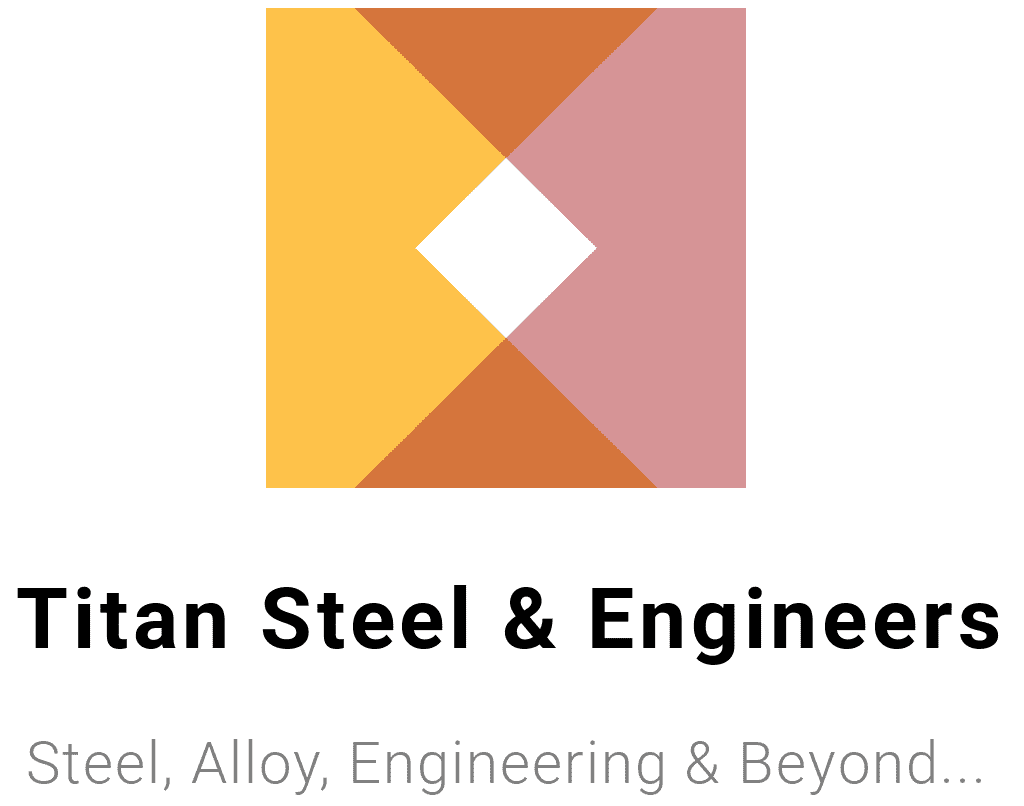Everything You Need to Know About EN19 Mechanical Properties
EN19 steel has earned its reputation as one of the most versatile alloy engineering steels in the industry. Known for its incredible strength, toughness, and wear resistance, EN19 has become a material of choice for engineers and manufacturers who demand reliability and durability in their steel components. en19 mechanical properties.
If you’re curious about what makes EN19 steel stand out, this guide will provide a comprehensive breakdown of its mechanical properties, heat treatment effects, and real-world applications. By the end, you’ll know if EN19 steel is the right fit for your next project.
EN19 Steel: Composition and Applications
EN19 is a high-quality alloy steel containing specific elements that enhance its mechanical and physical properties. Its composition typically includes chromium, molybdenum, manganese, carbon, silicon, and sulfur. Here’s a general breakdown of EN19’s chemical composition (% by weight):
- Carbon (C): 0.36–0.44
- Chromium (Cr): 0.90–1.20
- Molybdenum (Mo): 0.20–0.35
- Manganese (Mn): 0.60–0.90
- Silicon (Si): 0.10–0.35
- Sulfur (S): 0.040
Common Applications
With a combination of high tensile strength, wear resistance, and toughness, EN19 steel is extensively used across various industries. Common applications include:
- Automotive: Gear shafts, axles, and connecting rods.
- Aerospace: High-stress bolts and fasteners.
- Energy Sector: Drill pipes and parts for wind turbines.
- Heavy Machinery: Hydraulic machinery components and heavy-duty shafts.
Mechanical Properties of EN19 Steel
Understanding the mechanical properties of EN19 is key to appreciating its performance in real-world settings.
1. Tensile Strength
Tensile strength refers to the maximum amount of stress a material can withstand while being stretched before failing. EN19 steel boasts excellent tensile strength, typically ranging between 850–1000 MPa in its tempered condition. This makes it an ideal choice for components that experience intense pulling or stretching forces.
2. Yield Strength
Yield strength measures the stress level at which a material begins to deform plastically. For EN19, the yield strength varies between 450–680 MPa, depending on the heat treatment process. This property ensures dependable performance under heavy loads without risking permanent deformation.
3. Hardness
When it comes to withstanding wear and tear, EN19 steel excels due to its impressive hardness. After heat treatment, EN19 can achieve a Brinell Hardness (HB) value of approximately 220–280 HB. Its hardness makes it a trusted material for gears, bolts, and other components exposed to high-friction environments.
4. Impact Resistance
Impact strength is vital for materials subjected to sudden or variable loads. Thanks to the addition of molybdenum and chromium, EN19 delivers exceptional impact resistance even at extreme temperatures, reducing the likelihood of catastrophic failure.
EN19 vs. Other Steels
How does EN19 compare to other popular engineering steels?
|
Property |
EN19 |
EN8 |
EN24 |
|---|---|---|---|
|
Tensile Strength |
850–1000 MPa |
580–700 MPa |
900–1200 MPa |
|
Hardness |
220–280 HB |
200–250 HB |
240–300 HB |
|
Impact Resistance |
Excellent |
Moderate |
High |
|
Cost |
Moderate |
Low |
Higher than EN19 |
While EN8 is more affordable, it lacks the strength and toughness of EN19. On the other hand, EN24 offers slightly better mechanical properties but comes at a higher cost. EN19 strikes a balance between performance and affordability, making it a reliable choice for most engineering applications.
Heat Treatment and Its Effects on EN19 Mechanical Properties
Heat treatment is vital for unlocking the full potential of EN19 steel. The process alters its internal structure, enhancing its mechanical properties.
Heat Treatment Process
- Normalizing
-
-
- Heating the steel to approximately 850-900°C and air cooling it. This refines the grain structure and improves uniformity, resulting in better toughness.
-
- Quenching
-
-
- Heating to 850°C then rapidly cooling in oil or water. Quenching increases hardness but also makes EN19 brittle.
-
- Tempering
-
-
- Heating to approximately 550-680°C after quenching. This process balances hardness with ductility and toughness, creating a material suitable for high-stress applications.
-
Effects on Properties
- Hardness: Increased significantly after quenching; slightly reduced after tempering for improved toughness.
- Tensile Strength: Heat-treated EN19 achieves tensile strengths of up to 1000 MPa.
- Toughness: Tempering restores toughness, making the material less brittle without a substantial loss of hardness.
Real-World Applications of EN19 Steel
To illustrate its capabilities, here are some real-world use cases of EN19 steel in action:
- Automotive Industry
EN19 is commonly used to manufacture gear shafts and crankshafts for high-performance vehicles. Its high tensile strength ensures reliability, while its impact resistance makes it withstand sudden stresses during operation.
- Oil and Gas Industry
Drill pipes made of EN19 steel are a staple in the energy sector. They endure high forces while maintaining flexibility, preventing breakage during essential operations in extreme conditions.
- Aerospace Technology
EN19’s balance of strength and weight makes it suitable for bolts and fasteners in aerospace applications, where both reliability and weight reduction are crucial.
Is EN19 Steel the Right Choice for Your Project?
EN19 steel stands out for its strength, wear resistance, and versatility. Whether you’re working on automotive parts, heavy machinery, or energy-sector equipment, EN19 offers a balanced combination of mechanical properties essential for demanding applications.
Do you need steel that performs under stress, lasts longer, and delivers value for your investment? EN19 might just be the material you’re looking for. When properly heat-treated, EN19 can outperform many of its counterparts in terms of mechanical properties.
Still unsure if EN19 is the best choice for your project? Consult with a materials expert or steel supplier to get tailored recommendations based on your specific application needs.


